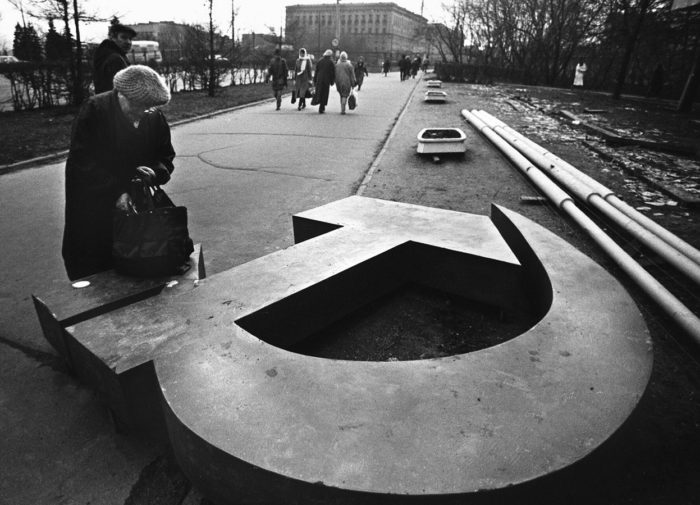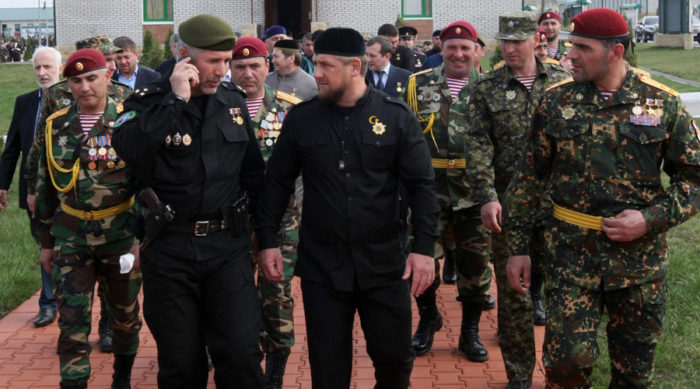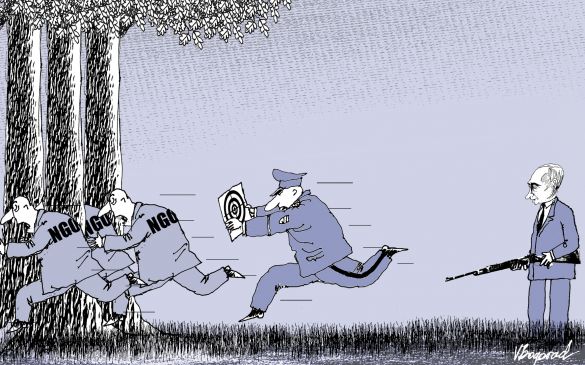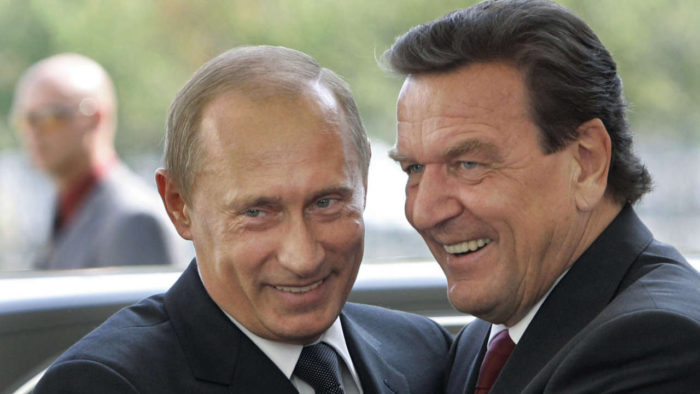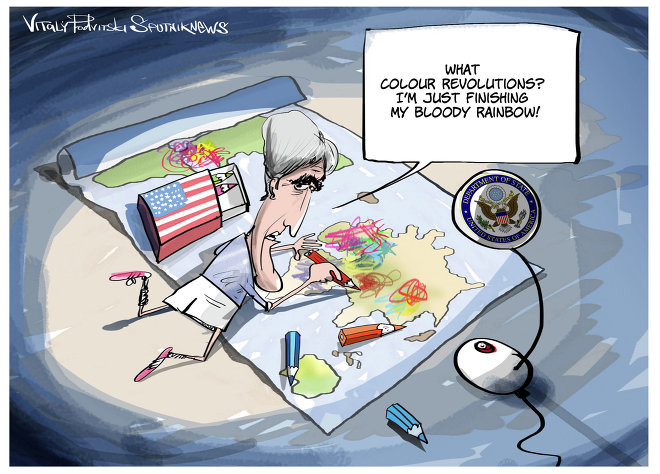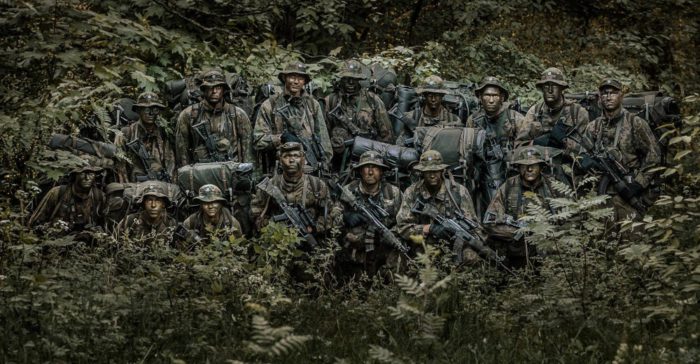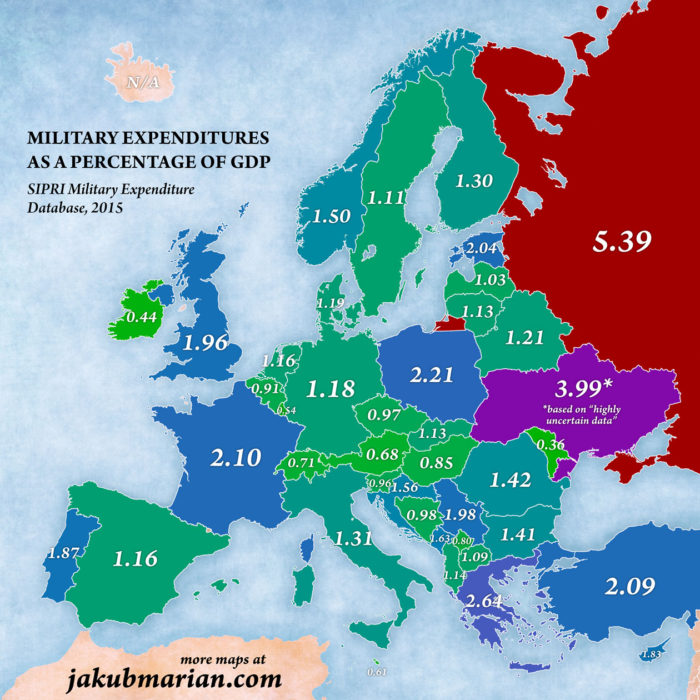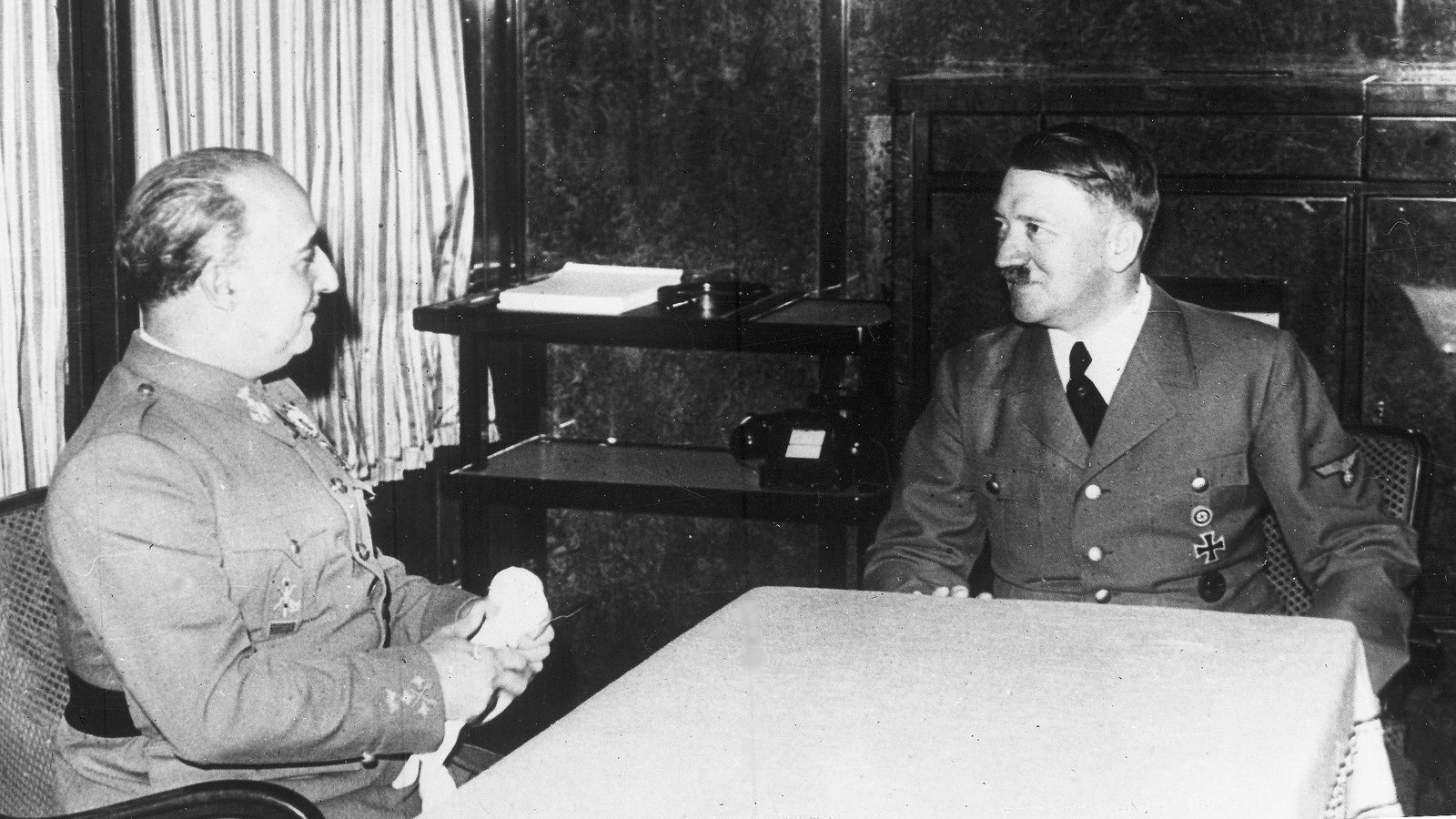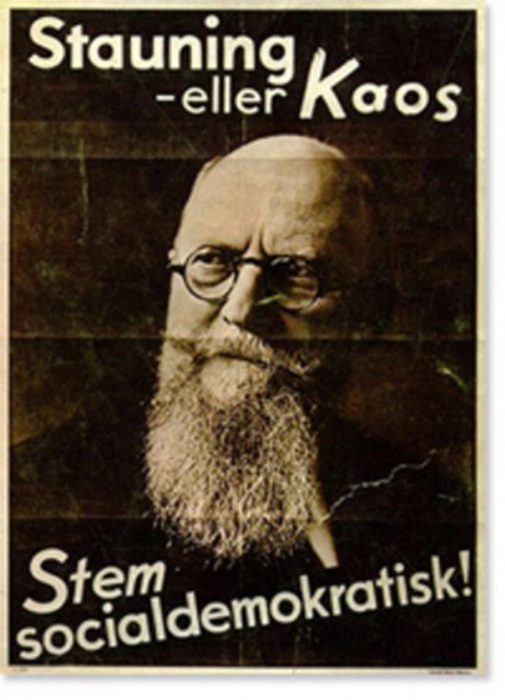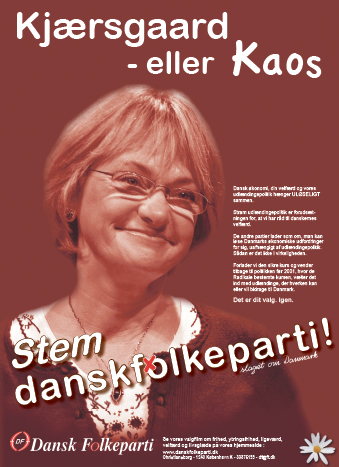In 1914 the best European military professionalism had failed catastrophically. Staffs knew how their countries could win a major war through centrally planned and controlled movements of field armies and battleship fleets.
Superior scientific management of mobilization and rail transport by own General Staff should ensure superiority on land. One would crush the opponent’s army in a huge meeting battle and get his government to throw in the towel.
At sea the British Grand Fleet would cut-off and defeat the German High Seas Fleet by centralized scientific monitoring and management by radio telegraphy from Admiralty Situation Room. While waiting, the limited economic warfare might bring a weakening and collapse of the German globalized finance and economy, forcing an end to the conflict.
None of this happened. After constant experiments with alternatives through 1915-1918 that cost millions killed and Russia’s collapse, the exhausted Entente powers won the war with American capital and fresh and therefore optimistically aggressive American soldiers.
During the inter-war years new professional models for how to prevail in war were developed. Several thought that the only possible solution was to attack the opponent’s cities with terror bombardments from the air, They would quickly cause rebellion and revolution. Others thought that scientifically designed precision bombardment of enemy industry key functions could get his fragile economy and social structure to collapse – in a way similar to what naïve commentators today think that cyber war will achieve. Again others like the Frenchman Charles de Gaulle and the British Frederick Fuller believed that small elite forces equipped with tanks could manoeuvre their way to victory. In combination all these ideas influenced World War II. However victory in 1945 was due neither to smart weapon nor to simple concepts. It came as a result of mass production, deployment, support and the combined use of “good enough” tanks, trucks, all types of aircraft, landing craft and aircraft carriers, etc. Economic strength and mass gave the Allies made much of everything available so that they could replace the huge losses of material that will always be the result of war against a great power adversary.
The reason to remember this part of world history today is not only that it is 100 years ago that the belligerents tried to get past the 1914 debacles by the employment of massive artillery at the fronts and Zeppelin bombardment of England. Neither is it because it is the 75th anniversary of the reformed German army’s manoeuvre victory over the traditional French in 1940. The reason is that it is now again clear that the West’s military science is once more at a dead end. This time it is not due to belief in scientific management of mass to the battle and superior will to take losses when engaged. This time arrogance has led to an a-historical dependence on extremely expensive high technologies to achieve low vulnerability that result in very small forces. The only good news compared to last time is that we do not have to learn after horrible failures in war.
The problem is not only that we in the West still often focus on types of weapons that brought victory in World War II, but that the specialists of these weapons in a loss of common professional sense have combined with the arms industry to refined the weapons to an absurd degree in an uncontrolled project “managementâ€. This has led to crazy prices and therefore very small number. Focus has slipped from the ability to develop robust relevant units to an unprofessional hunt for technological perfection.
The value of the quantity and such robust structures seems forgotten, and NATO has thus lost the ability to deploy forces large enough to match actual defense missions. We now have new armoured vehicles, autonomous precision weapons and fabulous aircraft, but so few in number that it only makes sense against totally inferior opponents, not against other states. Not even the Americans have the money needed to replace more than a small fraction of the warships and aircraft they inherited from the Cold War – even if they forgot the current ideology and returned to the individual taxation of the Eisenhower Era. The micro high-quality units may be narrowly effective, but within the context of any larger conflict they are militarily as irrelevant as the dazzling battle cavalry of the major powers in 1913.
Most European countries’ defence priority seem to have become the continued employment of under-employed personnel, where few have the age, physique or relevant practical and leadership experience match operational requirements. They have simply made-up their mind – without thinking or asking – that the Americans will supply the appropriate quantity until the eternal peace soon comes. Their own forces have been reduced to the minimum required to send symbolic micro contributions to the various distant wars under public opinion back home forces a withdrawal. The loss of real military capabilities has removed the basis for realistic exercise activity and professional officer training. Cadres spend their time on self-management and hunt for pseudo-academic credits.
The absence of meaningful military capabilities was not necessarily critical if the military challenges would always be limited to missions where the few remaining aircraft could operate from secure bases and drop smart weapons with a minimal risk to the crew. Missions where the only hazards were the “expert†idealistic international lawyer assessments in the domestic media or local Jihadists’ discovery of the names of the deployed aircrew.
The loss of real land force capabilities would not be critical as long as missions where limited to the deployment of ad hoc composite micro army units or instructor teams in today’s parallel to former de-colonization operations. We can easily contribute as long as other, larger countries take responsibility for strategy and for eventual failure.
Some wars before World War I could have warned responsible military and political leaders that an easy victory would be difficult to achieve. The costs of offensive operations and difficulties were made evident in the American Civil War, the Boer War, the Russo-Japanese War, and the First Balkan War in 1912. But top officials are expected to provide the politically desired advice and options. and in 1914 that was options for quick and cheap victories. In 2003 the U.S. Army Chief of Staff, General Eric Shinseki, learnt that essential lesson when he warned against a “light” invasion of Iraq.
The wars in recent years repeat the lesson of a hundred years back that if there is a will to resistance, even a clear qualitative superiority cannot bring a quick result. It became clear in the of Ex-Yugoslavia in the 1990s. It has been confirmed during Israel’s punitive expeditions against Hezbollah in southern Lebanon and Hamas in Gaza. We see it during the civil war in Syria and the present fighting in Eastern Ukraine. These wars are modern parallels to attrition battles during the First World War. As in the attrition battles during World War I the fighting is dominated by artillery weapons and most of both the artillery and other weapons are inherited from mass production of the Cold War.
The key difference from then is that a very significant part of the fighting on one or both sides is carried out by rough militias that do not see themselves constrained by international law. The wars take place in the midst of the civilian population, and as peacetime standards prevail in the Western world, the propaganda have become a central and integral part of the warfare.
It would be possible to “win” with a massive military action by Israel in the Middle East and from Russia in Ukraine, as both countries differ from the West by having maintained large conventional forces. But as Israel Russia probably realize that cost would be high and the resistance is likely to continue as guerrilla or terrorist activity.
However in 2014 Russia’s Putin made clear in speech and action that the risk of international war between industrialized states do not only belong to the past. Hereafter military quantity and robustness becomes at least as relevant again as quality. Western air forces now have neither size or self-defence means to operate in areas covered by the Russian air defence, including the Baltics, because Russia combines updated, rugged cold war systems with new, long-range weapons.
The only real Western advantage in meeting the Soviet Union on land during the Cold War was a decisive technological superiority of its – mainly American – air forces. This superiority depended to on constant development of active and electronic counter measures against Soviet airborne and land based air defence weapons and constant updating of self-defence packets. All based on a constant and focused electronic intelligence effort. In the period since the Cold War the constant and now accelerated Russian updating and complementation of their various air defence systems have not been similarly monitored and countered, and we have not stopped technology transfer to the now assumed friendly partner. Then the scenario foreseen was general war that created freedom for use of offensive air power not only against the massive invading land forces, but also in interdiction campaigns against the enemy lines of communications and in offensive air campaigns against his home bases and command and control systems. No such permissive operational environment is likely to exist in the far less clear scenarios that we now foresee in NATO’s nearly undefended eastern borderland.
In its protection of that borderland against Russia, we have lost the previous advantage of air power by combination of
1) the likely political constrains on the use of air power,
2) the lack of land forces strong enough to contain an offensive,
3) the lack of the long range artillery necessary for the suppression of enemy front line air defence assets formerly assumed,
4) the lack of updated electronic warfare superiority,
5) the lack of quantity necessary to take attrition.
The only country on Russia’s western border that is militarily secure is Finland with its very large conscript-based and hence “obsolete” defense. To maintain the quantity needed to cover their large country the Finnish Defence Forces have maintained “good enough” standards rather than seek “perfect” ones, This applies to all fields except F-18 fighter jets needed for air policing. Moreover the Finnish balance between robustness and quality as well as their decentralization probably makes their forces less vulnerable to cyber-attacks than the centralized and therefore vulnerable command systems those of the West.
The innovation of weapons and tactic from 1915 onwards and during the inter-war period was recreated the possibility of operational victory. West’s post-Cold War focus on extremely expensive, small and therefore vulnerable, over-managed military forces must be seen as a mindless continuation of this trend toward the absurd.
The single-minded focus on quality gave the West the possibility of a virtually risk-free effort in their small wars of choice. But that focus has now become an evolutionary dead end as it rewards revisionist players like Vladimir Putin. It makes the West militarily powerless in international conflicts in which we must continue to take the existence of nuclear weapons into account.
None of the new existing or emerging civilian high technologies will be able to restore the possibility of easy and painless victories. On the contrary, they are likely in any new prolonged confrontation or war to increase threats to all conventional weapon systems, both older from the Cold War and the few precious new ones. It will take place through both targeted development efforts and improvisation, as remotely controlled roadside bombs did in Iraq and Afghanistan. Wars are likely to be ever more attritional rather than decisive making mass rather of the “good enough†than quality more relevant.
We have to end the chase for silver bullets. Time to bite it.


